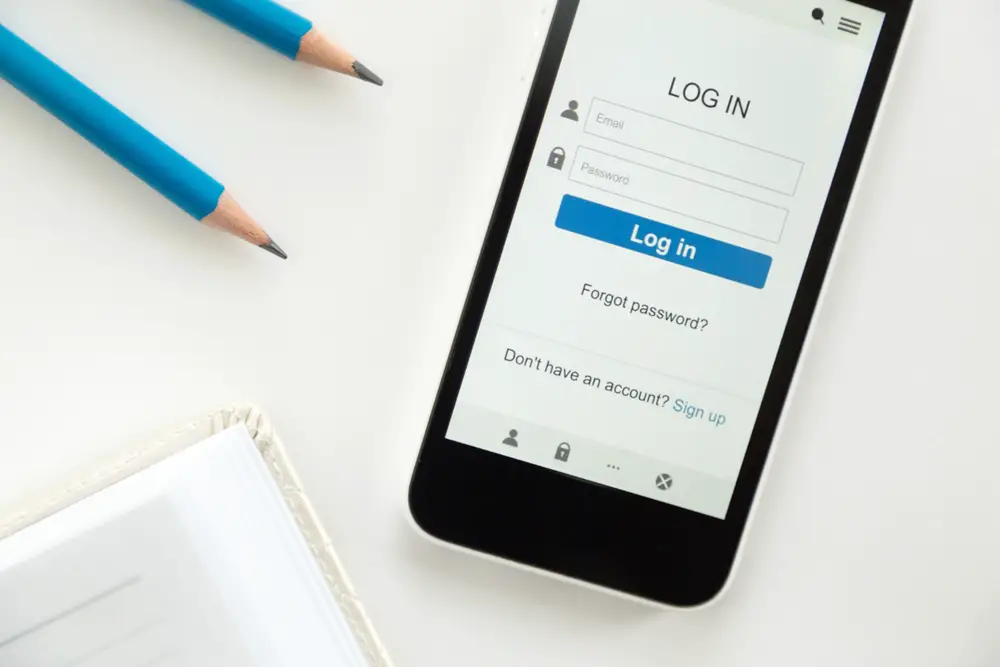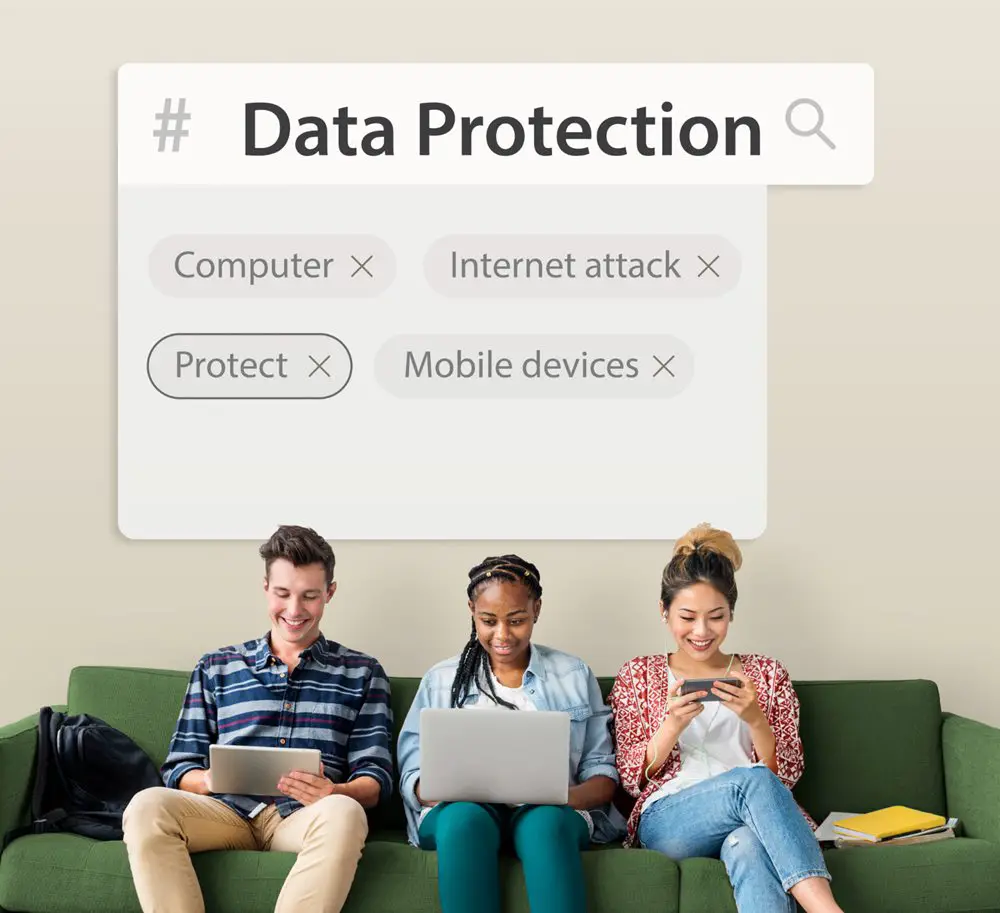A username is your digital identity, used to interact with websites, social media, and online communities. But what is an example of a username, and how can you create one that reflects your personality while also ensuring security? In this easy-to-understand guide, we’ll answer your questions and provide practical examples of usernames.

What Is a Username?
A username is a unique name or alias used to identify yourself on various online platforms. It is your digital signature, helping others recognize and connect with you in the virtual world. When choosing a username, it’s crucial to strike a balance between creativity and privacy.
Why Are Usernames Important?
Usernames are essential in the digital age for several compelling reasons. They serve as more than just a convenient way to log into your favorite websites; they are your digital fingerprints, helping you establish an online presence. Let’s delve deeper into why usernames are of paramount importance:
1. Online Identity: Building Your Virtual Persona
Your online identity is akin to your real-world reputation, and your username is the cornerstone of that identity. It’s the name you go by in the vast online landscape, and it’s how others recognize and connect with you. Just as you introduce yourself with your name in person, your username introduces you to the online world.
Example: If your online username is “TravelBug2023,” it conveys your passion for globetrotting and instantly tells others that you’re an adventurous traveler.
How-to: When creating an online identity, consider your interests, hobbies, or the aspects of your life that you want to showcase. Use keywords that represent you effectively. If you’re an avid photographer, incorporating “ShutterMaster” into your username can highlight your love for photography.
2. Security: Protecting Your Digital Fortress

In the digital realm, security is paramount. Your username plays a critical role in safeguarding your online accounts. A strong username is the first line of defense against unauthorized access. When combined with a robust password, it forms a formidable barrier, keeping your sensitive information out of the wrong hands.
Example: A strong username like “CyberGuardianX” not only sounds secure but also acts as a deterrent for potential hackers.
How-to: To bolster your online security, follow these steps:
- Use a combination of letters (both upper and lower case), numbers, and symbols in your username.
- Avoid using easily guessable information like your birthdate or common words.
- Regularly update your usernames and passwords for different accounts.
3. Personal Branding: Showcasing Your Unique Self
Your username is not just a random string of characters; it’s an opportunity to express your personality and interests. It can be a powerful tool for self-expression and personal branding. When chosen thoughtfully, your username can reflect your passions and help you connect with like-minded individuals.
Example: A username like “TechSavvyChef” not only indicates a love for technology but also hints at culinary expertise. It’s a great way to connect with others who share these interests.
How-to: To use your username for personal branding, consider the following:
- Reflect on your hobbies, skills, or interests that define you.
- Brainstorm keywords or phrases associated with these aspects of your life.
- Combine these keywords creatively to craft a unique and memorable username.
Examples of Usernames for Different Online Platforms
Choosing a username is an art that can be tailored to the platform you’re using and your specific interests. Here are some examples of usernames for various online platforms, along with a how-to guide on creating the perfect username:
1. Email
Your email username often follows a standard format, including your name and the domain name. For example, “johndoe@gmail.com.” This is typically a straightforward and professional choice.
How-to: To create an email username, simply use your first name, last name, or a combination of both. Adding a number or a word related to your interests can make it more unique.
Pro-tip: We have funny email ID ideas to add humor to your email addresses. Consider creating a temporary or disposable email address for one-time use.
2. Social Media

Social media platforms like Twitter, Instagram, and Facebook encourage creativity in usernames. You can opt for expressive and unique names, such as “AdventurousAnna” or “TechieTom.”
How-to: To create a creative social media username, consider your personality and interests. Think about what sets you apart and incorporate those elements into your username. For instance, if you love adventure and your name is Anna, “AdventurousAnna” tells people that you’re up for exciting experiences.
Read also: 120+ Unique and Stylish Facebook Names for Your FB Profile
3. Gaming
Gamers have a penchant for unique and memorable usernames. Examples like “DragonSlayer123” or “NinjaWarrior” showcase the gaming persona and prowess of the player.
How-to: Crafting a gaming username should reflect your gaming style and preferences. Combine elements related to your favorite games, skills, or in-game achievements. For instance, if you’re a fan of fantasy games, “WizardMaster” might be an excellent choice.
4. Forums and Communities
When participating in forums or online communities, it’s wise to select a username that resonates with the forum’s theme or your interests. For instance, “GuitarGuru” is fitting for a music forum.
How-to: To create a forum or community username, think about the community’s purpose and your role within it. Consider your expertise, hobbies, or the topics you’ll discuss. Use relevant keywords to construct a username that identifies you. If you’re a guitar enthusiast, “GuitarStrummer” would work well.
5. Online Dating
On dating apps and websites, your username can be a key factor in making a positive impression. Names like “HopefulRomantic” or “TravelingTales” convey your outlook on love and life.
How-to: In online dating, your username should represent your personality, interests, and dating goals. Think about the qualities you’re seeking in a partner and try to encapsulate that in your username. For example, if you’re an avid traveler seeking a fellow adventurer, “TravelBuddy” could be a good choice.
6. Work or Professional Profiles

When creating a professional online presence, such as a LinkedIn profile, it’s best to use your real name. It maintains a sense of professionalism and authenticity.
How-to: To maintain professionalism on work-related profiles, stick with your real name or a variation of it if your name is common. For example, “JohnSmithMarketing” clearly conveys your name and field of expertise.
Tips for Creating a Great Username
Creating a great username is not only about personal expression but also about practicality and security. Here are some valuable tips and how-tos to help you craft the perfect username:
1. Uniqueness
To make your username unique, start by brainstorming words, phrases, or combinations that resonate with your personality and interests. Check the availability of your chosen username on the platform you intend to use. If it’s already taken, get creative by adding numbers, underscores, or variations to make it distinct.
For instance, if “HikingHobbyist” is taken, try “HikingHobbyist42” or “HikeEnthusiast.”
2. Avoid Personal Information
Never include sensitive personal information like your full name, birthdate, or address in your username. Such details can be exploited by malicious individuals for identity theft or cybercrimes. Instead, focus on elements that represent your interests and passions without revealing personal data.
For example, if your name is Sarah, you can avoid using “SarahSmith1990” as username and opt for something like “NatureLoverSarah” instead.
3. Keep It Simple

Simplicity is key when it comes to usernames. A straightforward, easy-to-pronounce, and easy-to-remember username is more likely to be recognized and shared by friends and acquaintances. Avoid complex words or lengthy combinations.
For example, “TomGuitar” is simpler and more memorable than “TomTheGuitarMaestro.”
4. Consider Your Audience
Tailor your username to the specific platform or audience you’re addressing. Think about what message you want to convey to that audience.
For a photography enthusiast on a photography forum, a username like “ShutterbugSam” works well, while on a professional platform like LinkedIn, “SamSmithPhotography” is more appropriate.
5. Secure It
Security should be a top priority, especially for important accounts like email and banking. Create a strong and secure username by combining uppercase and lowercase letters, numbers, and special characters. Avoid using easily guessable patterns or dictionary words.
For example, “P@$$w0rd123!” is more secure than “Password123.”
Additional tip: Use different usernames and passwords for various accounts to minimize the risk of a security breach. Consider using a reliable password manager to keep track of your login information securely.
6. Be Creative
Don’t be afraid to add a touch of creativity to your username. Creativity can make your username more memorable and enjoyable. Consider using wordplay, puns, or clever combinations.
For instance, if you’re a food blogger, “TastyBitesElla” is creative and reflective of your niche.
Final Thoughts
Usernames are your digital calling card, shaping your online identity, ensuring security, and allowing you to express your individuality. Whether you’re connecting with friends on social media, networking on professional platforms, or gaming in virtual worlds, the choice of your username is an opportunity to leave a lasting impression. So, choose your username wisely, as it’s your key to navigating the intricate landscape of the internet.
